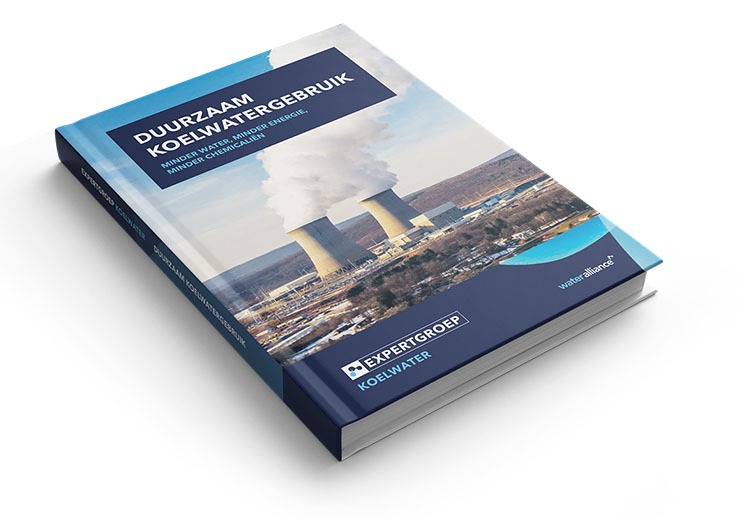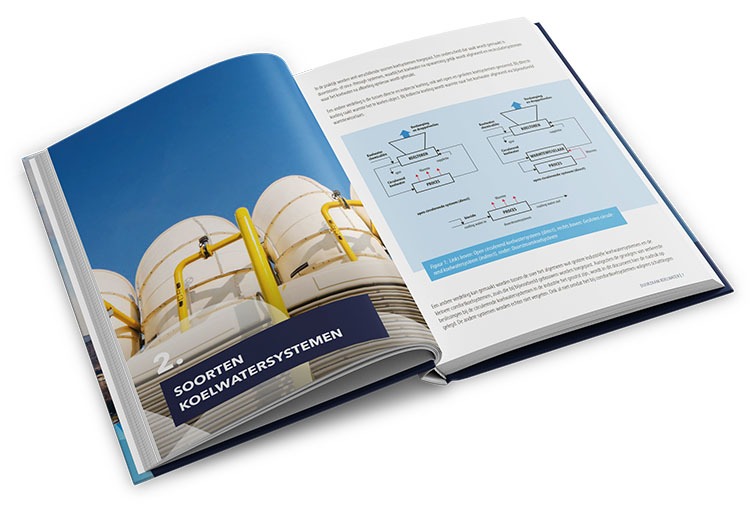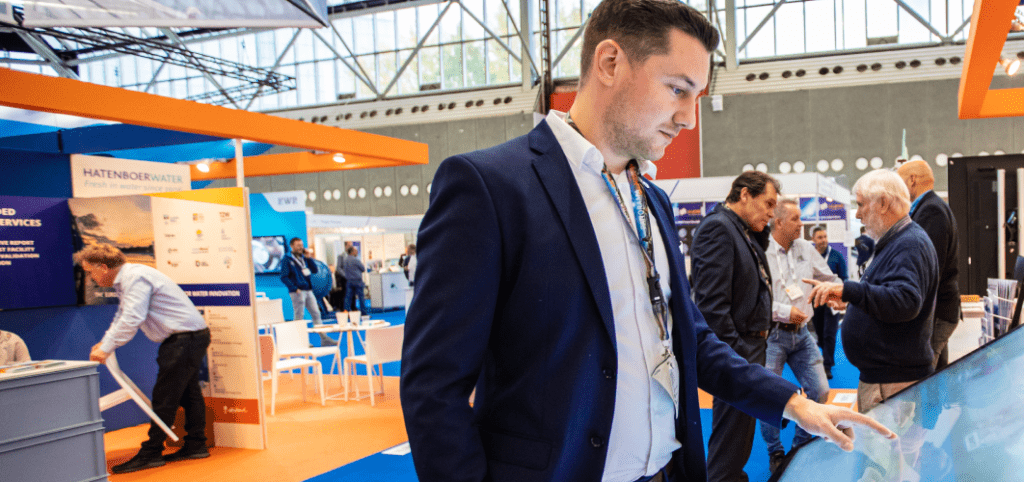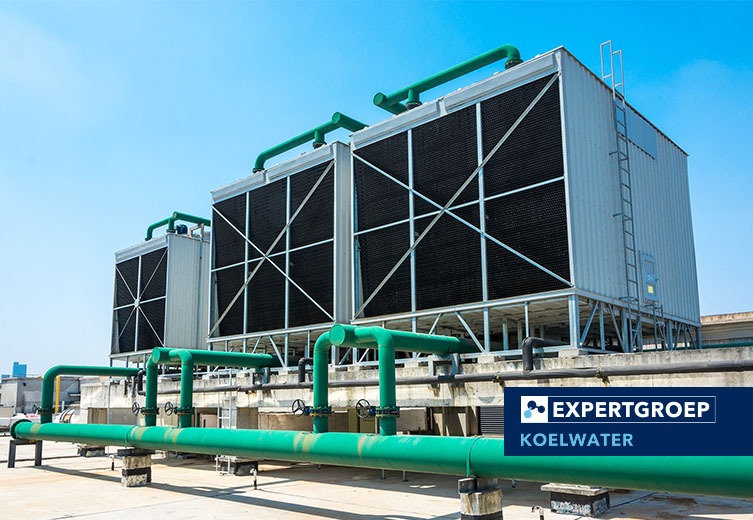Cooling towers extract water from the environment. In cooling towers, chemicals are used that burden the environment during production, transportation, and usage. Cooling towers consume a lot of energy and release heat into the outside air. There are risks associated with this. We do everything we can to raise awareness about these risks. For users, managers, customers, and regulators.
The Cooling Water Expert Group stands for:
- Legislation to reduce the risks associated with cooling towers.
- Training enforcers and operators to gain insights based on this knowledge.
“We believe that cost-efficiency, risk reduction, and sustainability go hand in hand. The goal is to use as little water, chemicals, and energy as possible.”
Legislation and regulations
We specialize in the legislation and regulations concerning cooling water and are happy to guide you through the important issues that are relevant now and in the future. If you have any questions, feel free to contact us!
What is cooling water?
Cooling Water is water used for cooling purposes. During this process, the water either evaporates or heats up. Cooling water is used to cool engines and other parts of industrial processes. A cooling tower is used to cool down power plants. The key principle in the cooling process is that one liter of water requires 1 kilocalorie to increase its temperature by 1 degree Celsius. This demonstrates that water has a relatively high absorption capacity, making it an ideal coolant.
Heat is transferred via a heat exchanger. There are also processes where water is added at the end of a process, such as in power plants. In this case, the water is used to its maximum capacity, resulting in steam when the maximum absorption potential is reached. The water pressure and purity also play a role in this process. To alter the behavior of water, chemical agents can be added. These might include substances to inhibit algae growth or reduce corrosion. Additionally, water can be demineralized, which improves heat transfer and prevents scale buildup.
Cooling Water Handbook > Sustainable Cooling Water Use
We have taken a step towards the future of cooling water with less water, less energy, and less cooling water. All of this is detailed by our expert group in the Cooling Water Handbook “Sustainable Cooling Water Use,” which every manager should have in their possession.
Send an email to info@wateralliance.nl with your details and the number of copies you would like to order.


The cost is €17.50 per copy, with a minimum order of 5 copies, excluding handling and shipping fees.
Objectives of the expert group
Elevating the cooling water sector by sharing up-to-date knowledge in a market facing increasingly stringent environmental requirements concerning energy and water. In addition to enhancing the sustainability of cooling water systems, the expert group specifically focuses on reducing the risks of legionella contamination related to cooling towers.
The expert group achieves this through activities such as working with the industry, drinking water companies, regulators, supervisors, and policymakers from the government:
- Where opportunities arise, contribute ideas and expertise in policy changes or adjustments to guidelines regarding cooling water, and explain the implications of these changes to users of cooling water.
- Organize activities such as seminars and TechTalks on new developments, both in terms of legislation and regulations, as well as technical advancements and relevant practical cases.
- Share knowledge through publications such as the book “Sustainable Cooling Water Use,” published in 2022.
- Stay informed about developments and place sustainable technologies and sustainable cooling water management into perspective.
- Prepare for the upcoming revision of the European guidelines on cooling water, as defined in the BREF.
Expert Group Members:
Chair:
- Antoine van Hoorn
Project Manager:
- Maureen Wiersma
Members:
- Abalco Group
- ACN Water Treatment B.V.
- AQ Group
- H2O Biofouling Solutions
- Haskoning
- Holland Water
- Kelvion
- KWA Bedrijfsadviseurs
- Lubron Waterbehandeling
- Nalco Ecolab
- Nijhuis Ozone Solutions
- Normec Kalsbeek
- Novochem Water Treatment bv
- Pathema
- Pewa
- Powerspex
- RWB Holding
- Solenis Netherlands
- Veolia Water Technologies & Solutions
- VonkWater/SKIW
- Wageningen University & Research
SDGs as a guideline
In the expert groups, we use the SDGs as a guide to shape the sustainability goals of our organizations, collectively as an industry, both nationally and internationally. The ambition of Water Alliance is to keep our environment livable and healthy, and to limit and manage climate change. Together, we are working hard to achieve the best outcomes and inspire other countries to make improvements. The Expert Group on Cooling Water specifically focuses on the following SDGs:

Would you like to contribute to our expert group?
There is still much work to be done to make the cooling process future-proof. Join us and help guide this process in the right direction. Do you have a specific question or would you like to contribute? Then get in touch with us!

Interested in our expert groups?
Do you want to play a role in the innovation of water and environmental technology, work on urgent societal issues, or share your knowledge with other members? We warmly welcome enthusiastic companies who want to strengthen our network and make an impact together.

